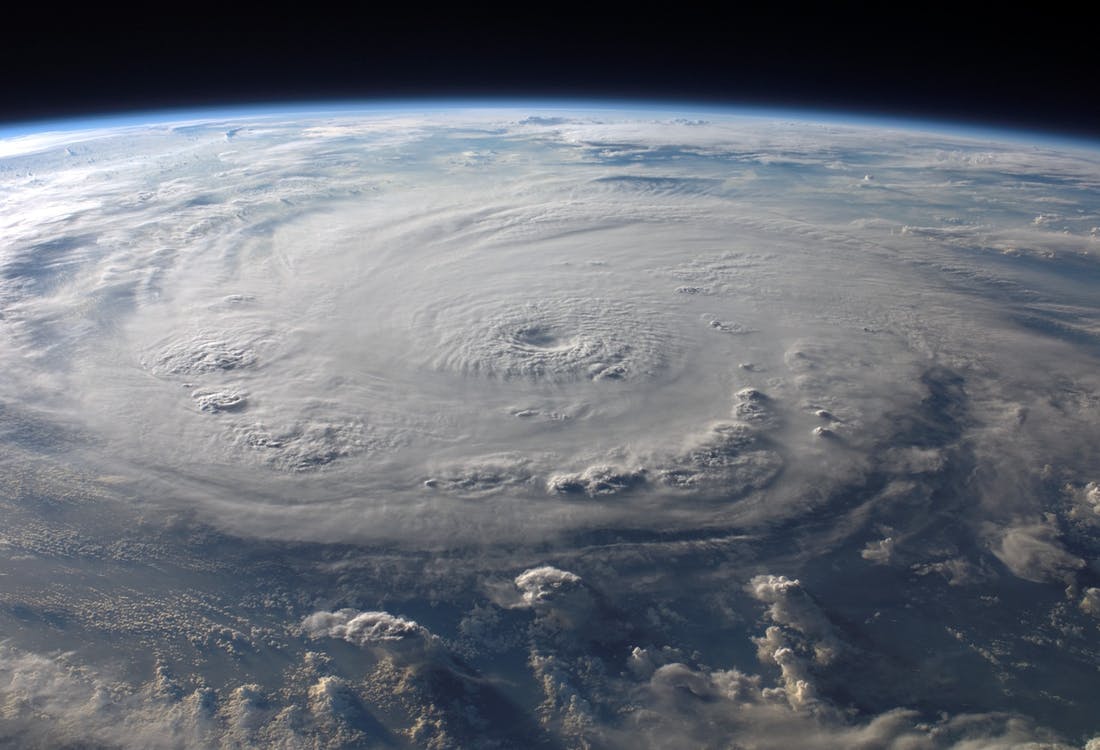“You cannot have a healthy society that is scared.”
“Climate change is here; it’s happening,” seems to be the overwhelming sentiment after a summer of heatwaves and historic wildfires that now has, with barely a breath in between, slipped into an early fall marked by severe storms and deadly floods.
Hurricane Florence continues to devastate mid-Atlantic states while Typhoon Mangkhut takes a severe toll on China and the Philippines and has, for now, been named the world’s strongest storm this year. But before the wind and water there was the heat and fire.

Severe wildfires broke out around the world this summer, from the U.S. and Canada to Sweden and Greece. The heatwaves in Europe caused a glacier to melt and a river to evaporate, while wildfires in the western U.S. made the air hazardous to breathe.
For many people watching these events unfold, it’s scary to say the least. The fear, anxiety, and trauma is far more severe for those living through it. A recent survey of students in Puerto Rico, for instance, found that more than 7 percent of those polled showed signs of post-traumatic stress disorder following Hurricane Maria. More than 8 percent had symptoms of depression — twice as high as children in non-disaster settings, the researchers said.
But despite a growing awareness, the connection between climate change and mental health is only just starting to be explored.
To better understand our anxieties in the face of what feels like a turning point in the public’s acknowledgement of what global warming might look like, ThinkProgress spoke with two climate change psychology experts. Both have noticed an uptick in the number of people expressing fear and uncertainty — and not just among those in the eye of the storm.
Read more: Think Progress
If you are interested a quote from us for solar and/or battery storage just fill in our form:
{{cta(‘39984d25-bd4b-431f-8a39-c7453f418124’)}}


